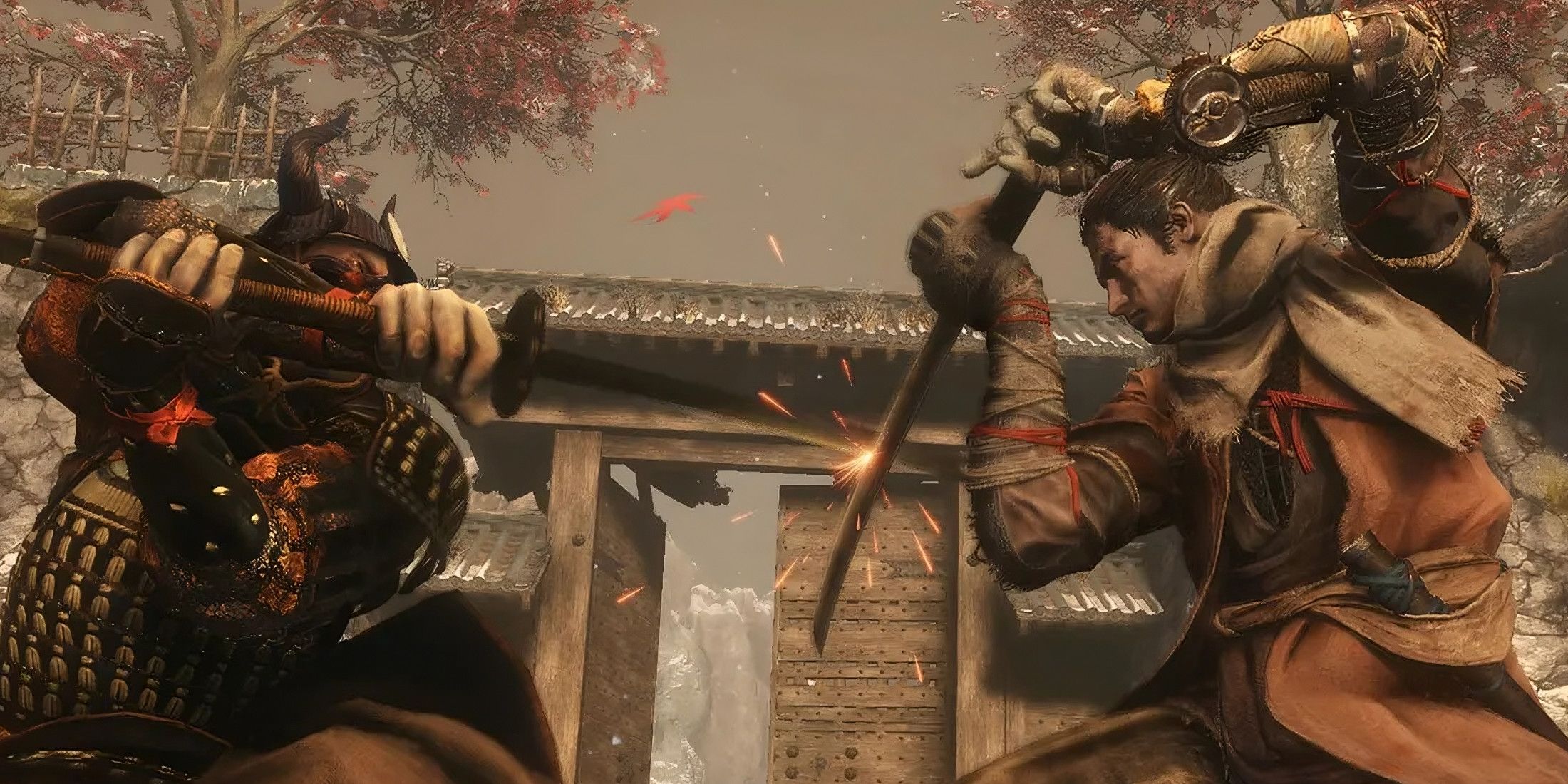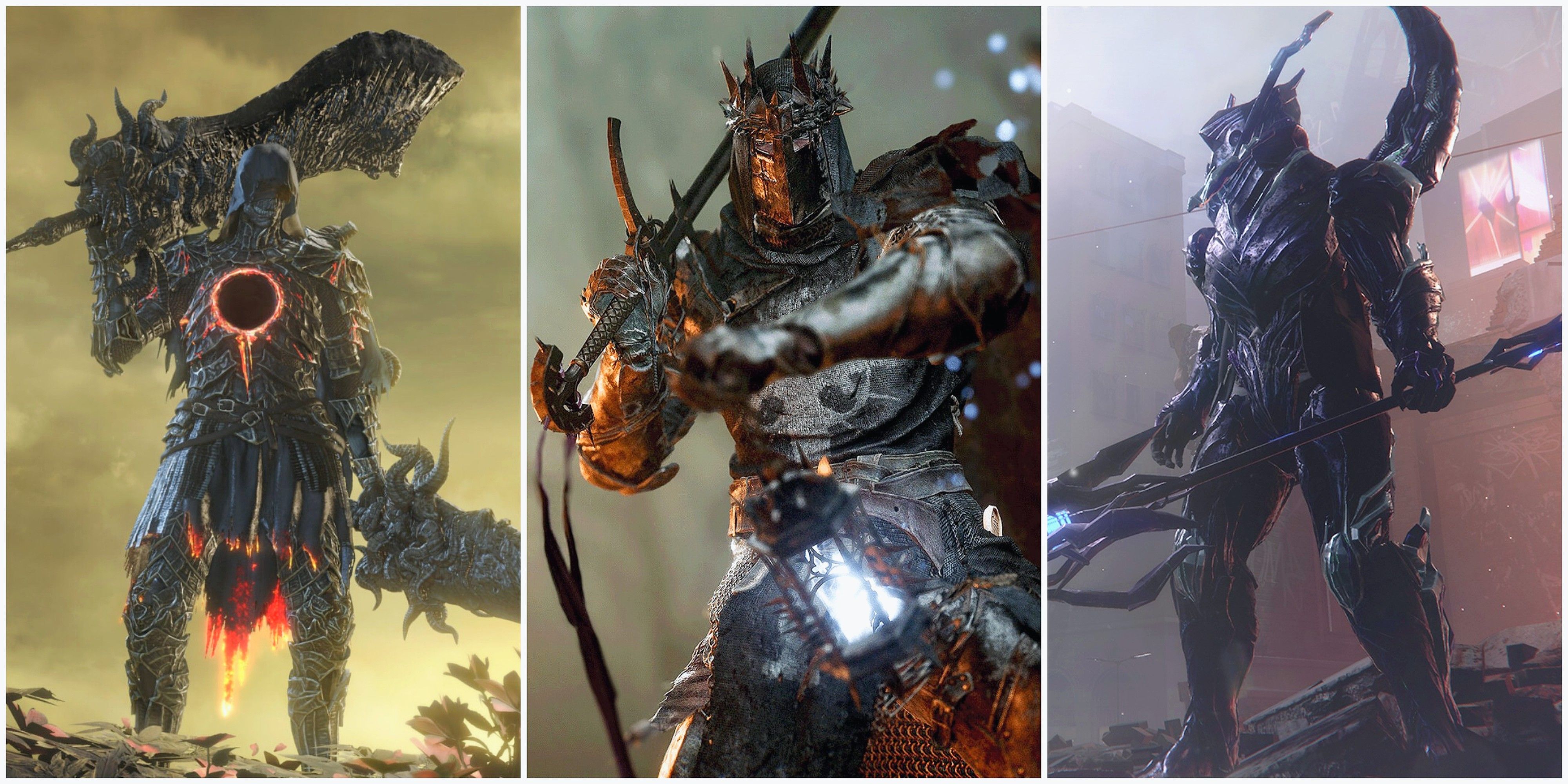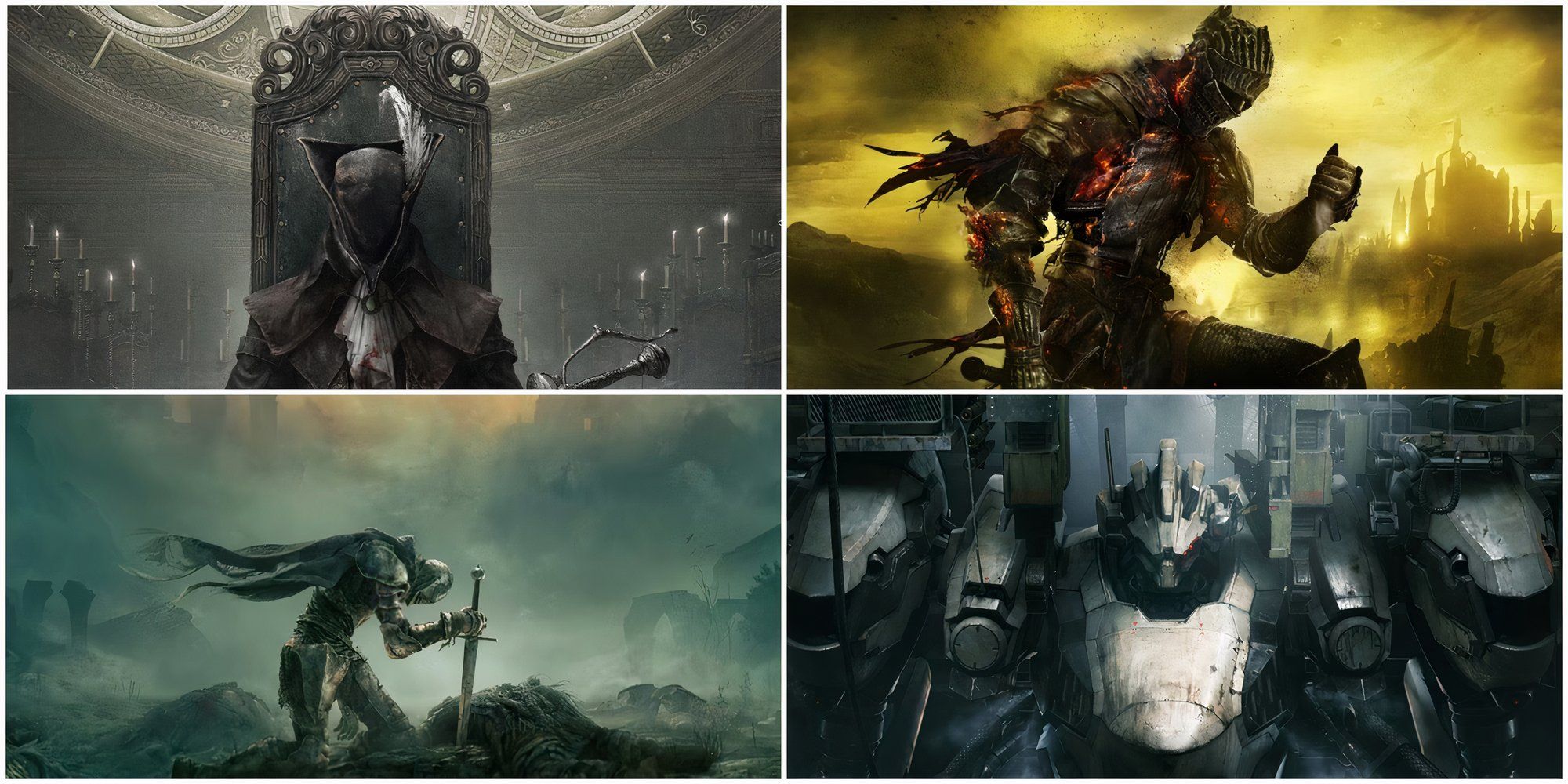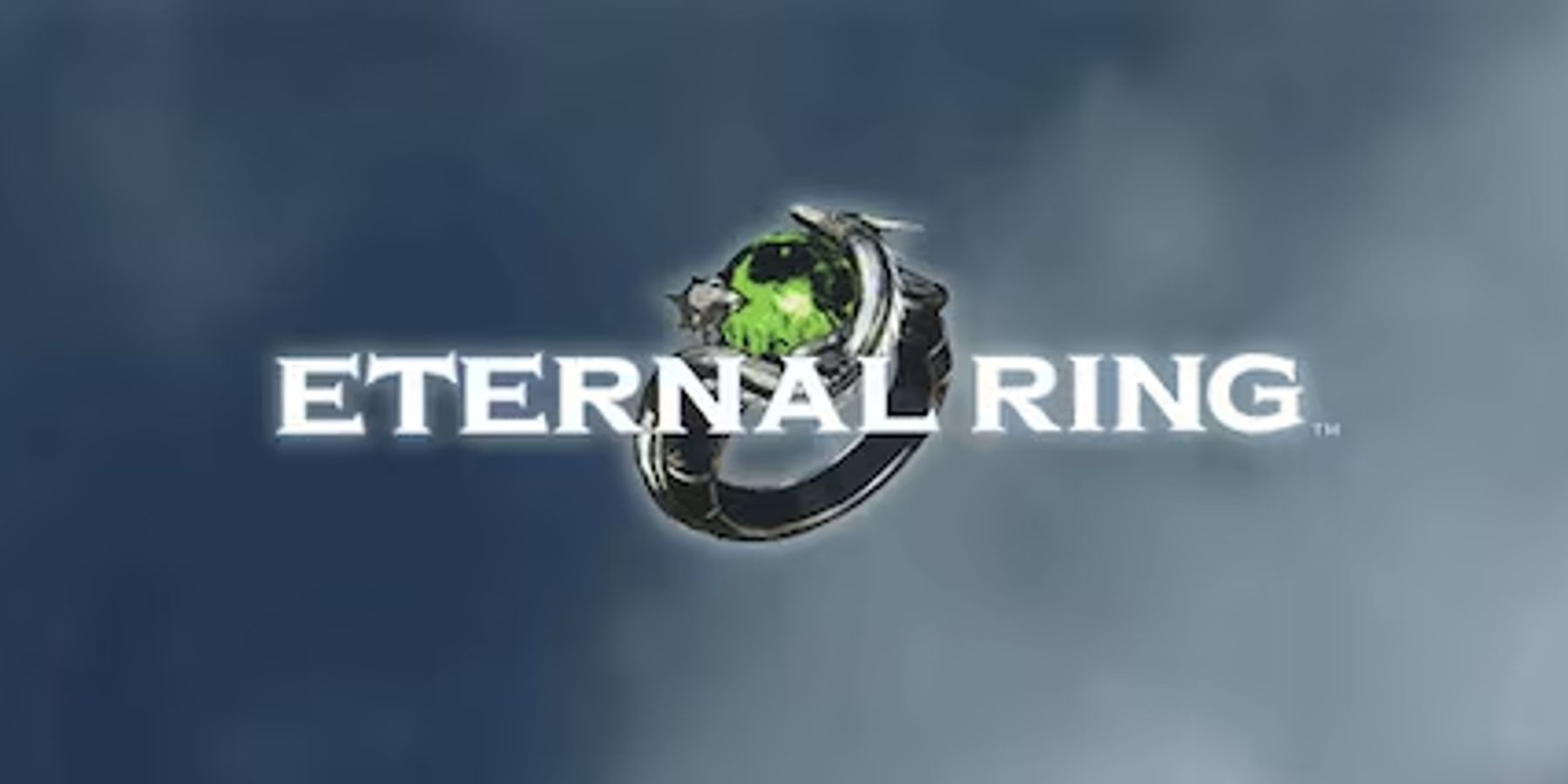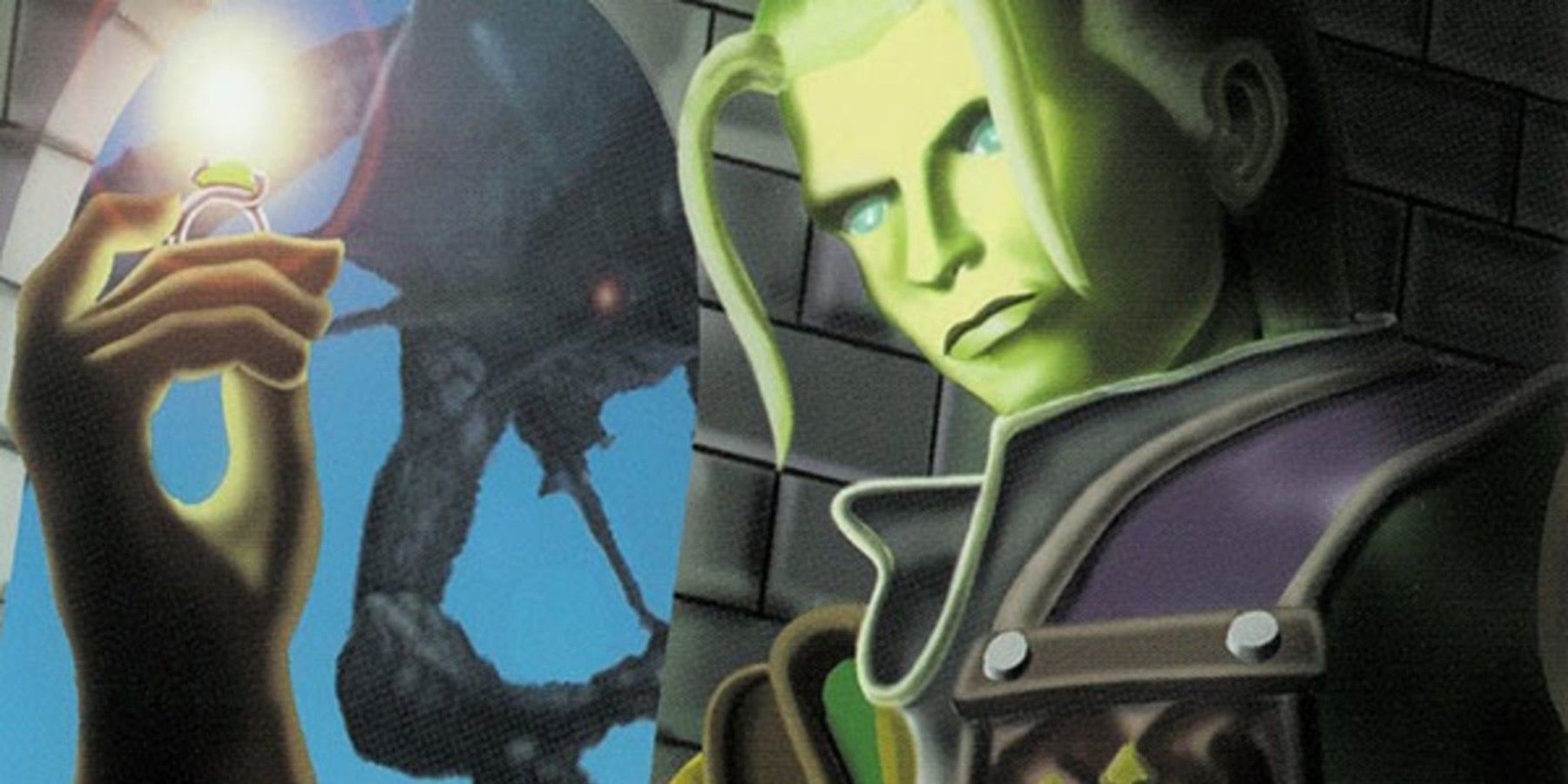These days, thanks to the success of titles such as Elden Ring, Bloodborne, and the Dark Souls trilogy, FromSoftware is widely regarded as one of the hottest developers in the industry. This wasn't always the case, however, and like most other developers, FromSoftware has some less-than-stellar releases scattered throughout its 37-year history. One of these titles is Eternal Ring, a first-person RPG that was also a PS2 launch title, which left many gamers scratching their heads due to the implementation of some rather strange mechanics. Despite showing the odd flashes of what would eventually make FromSoftware so great, Eternal Ring proved to be a mish-mash of ideas that were strung together to create an uneven and ultimately forgettable experience.
Released in 2000, Eternal Ring introduces protagonist Cain Morgan, as he embarks on a mythical quest to an island, forebodingly known as 'The Island of no Return', in order to try and retrieve a ring imbued with untold power. Cain works his way through dungeons, villages, and forests, gathering items and weapons with which he can defeat a variety of enemies on his travels. To a certain degree, it's easy to see how some of the themes and ideas on display in Eternal Ring eventually evolved into FromSoftware's award-winning formula, even if these themes were in their infancy and far removed from the polished mechanics that fans of the developer are used to today.
Eternal Ring Was a Flawed Title
Spending just an hour or two with Eternal Ring immediately brings some key issues to light. Despite the launch of the PS2 acting as one of the major steps toward the analog stick becoming Sony's preferred method of player movement, as a PS2 launch title, Eternal Ring incredibly has no analog stick support, and players have to rely on the outdated D-pad to control Cain. The environments within the game are incredibly dull and lifeless, with many blending together to the point where it becomes difficult to differentiate between them-something that causes huge issues in a game that doesn't feature a map. Progression through the game relies on the player remembering where they need to go, with no quest log or objectives to help either.
Combat is incredibly basic, with one button for melee attacks and another for magic. While the player can equip various rings to use different magic elements and spells, the melee attacks are a simple stab movement, regardless of which weapon is equipped. This is a far cry from the vast array of attacking options at a player's disposal in later games like Bloodborne and Sekiro: Shadows Die Twice, both of which have deeply nuanced combat mechanics. The game's checkpoint system is also flawed, with save points spread far too thinly, and each death results in the player losing all of their progress since their last save.
Fans who go back and play this game today will likely spot a couple of other typical FromSoftware traits within Eternal Ring. The developer has cultivated a reputation for industry-leading boss encounters, providing players with some of the most challenging tests ever seen in video games. Even in the early days of Eternal Ring, FromSoftware placed a similar emphasis on boss fights, although the ones here are obviously not quite up to the same standards in terms of challenge or spectacle.
Such was the phenomenal success of FromSoftware's Dark Souls trilogy that it spawned its own sub-genre, the Soulslike. Over time, many bigger projects have been built off the back of the foundations laid by Dark Souls (and Demon's Souls before it), most notably the 2022 Game of the Year winner Elden Ring, which is seen by many as the culmination of FromSoftware's work over the years. Without the experience of working on earlier projects such as Eternal Ring, the studio may not have gone on to develop so many critically acclaimed titles. Perhaps for this reason if nothing else, fans should try and remember Eternal Ring fondly.

